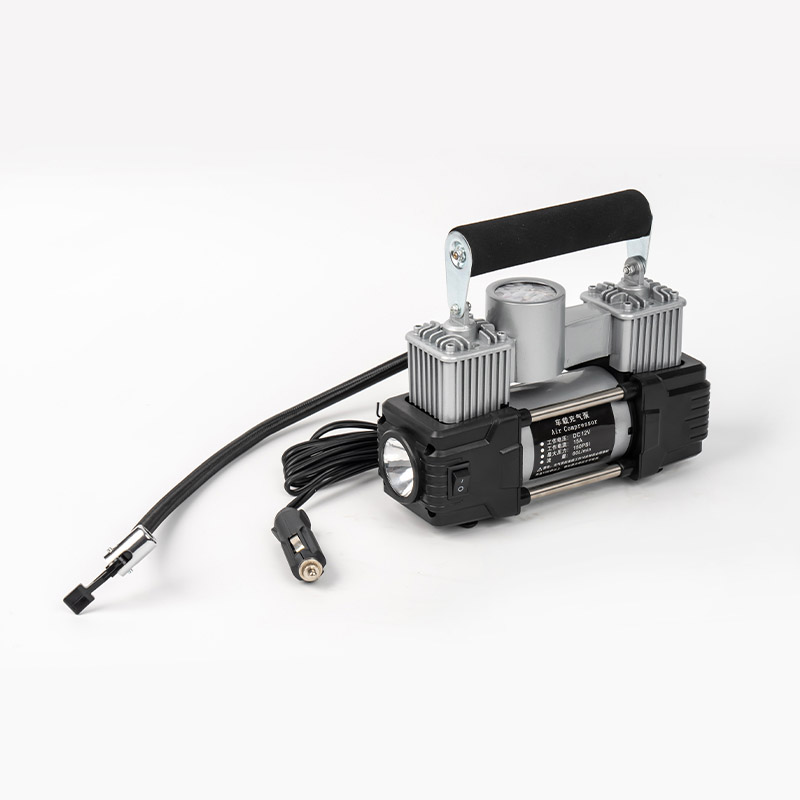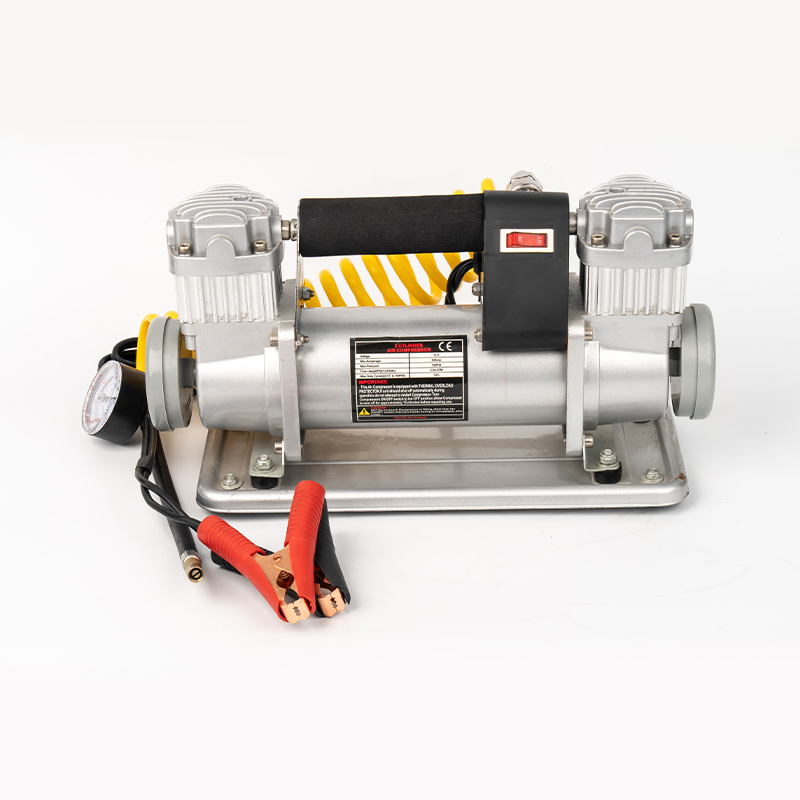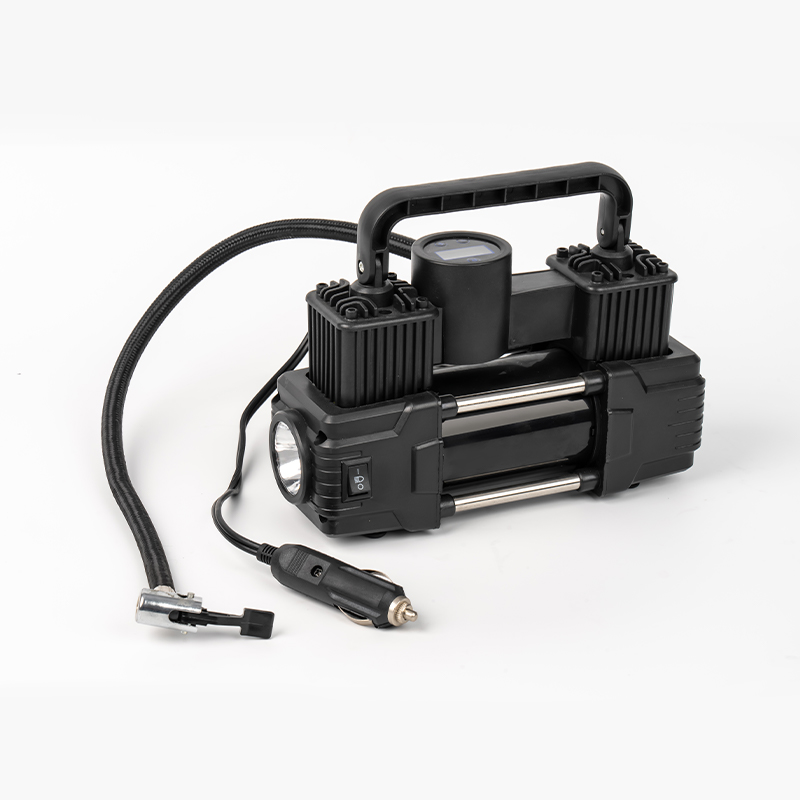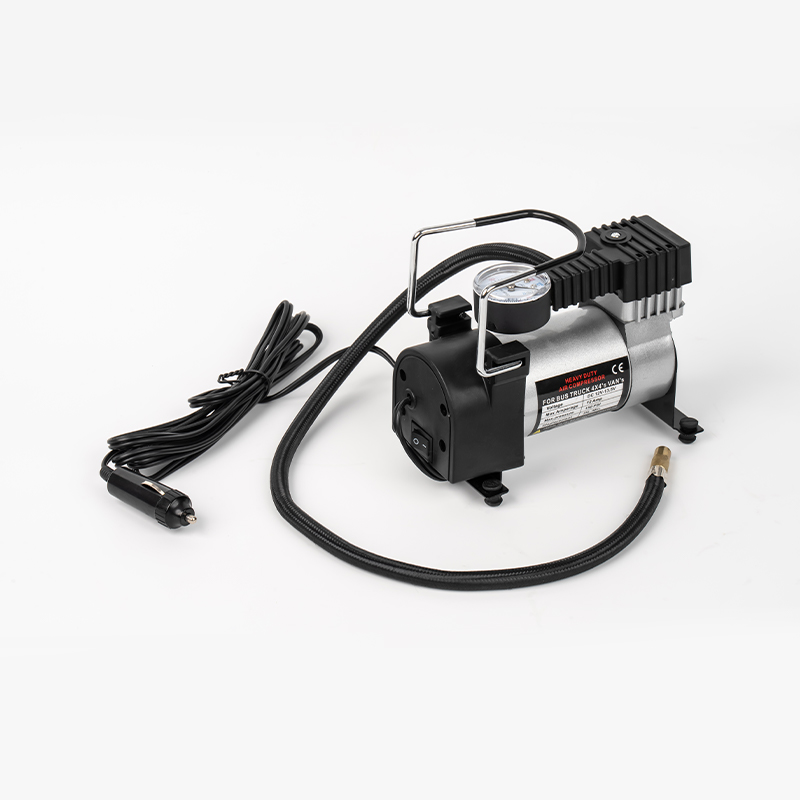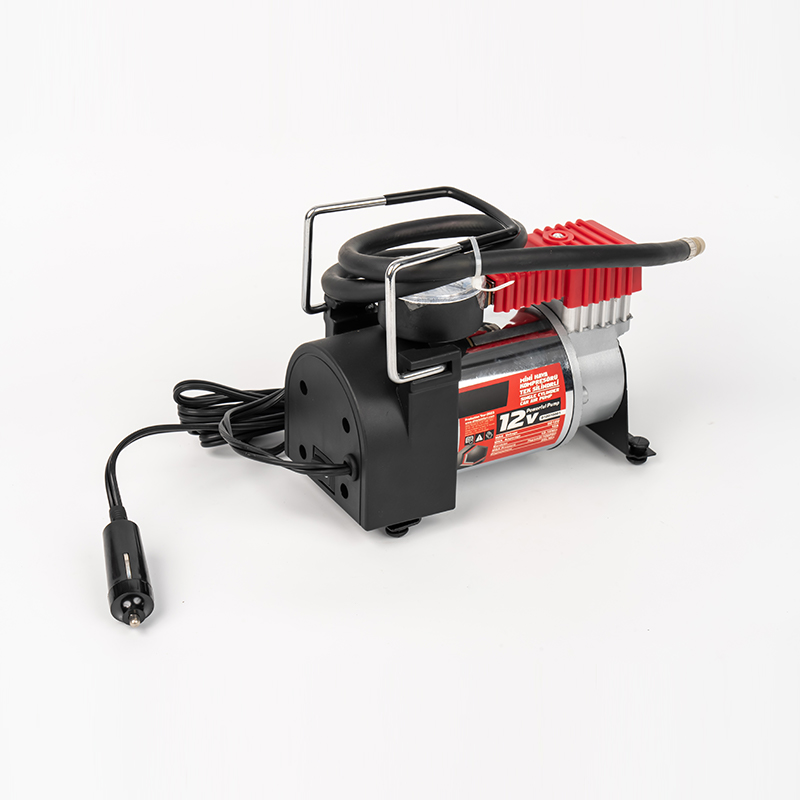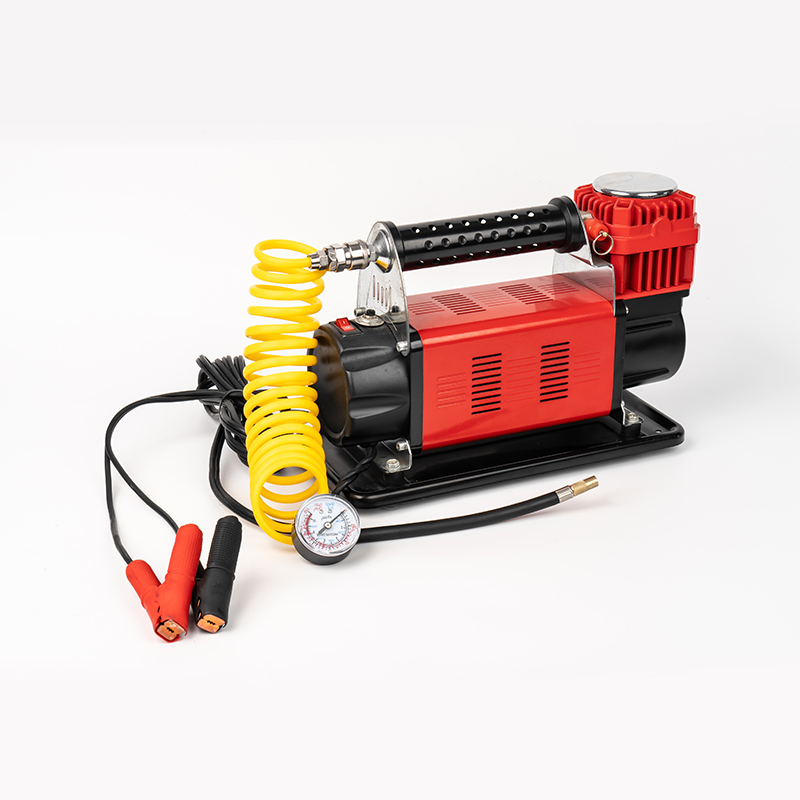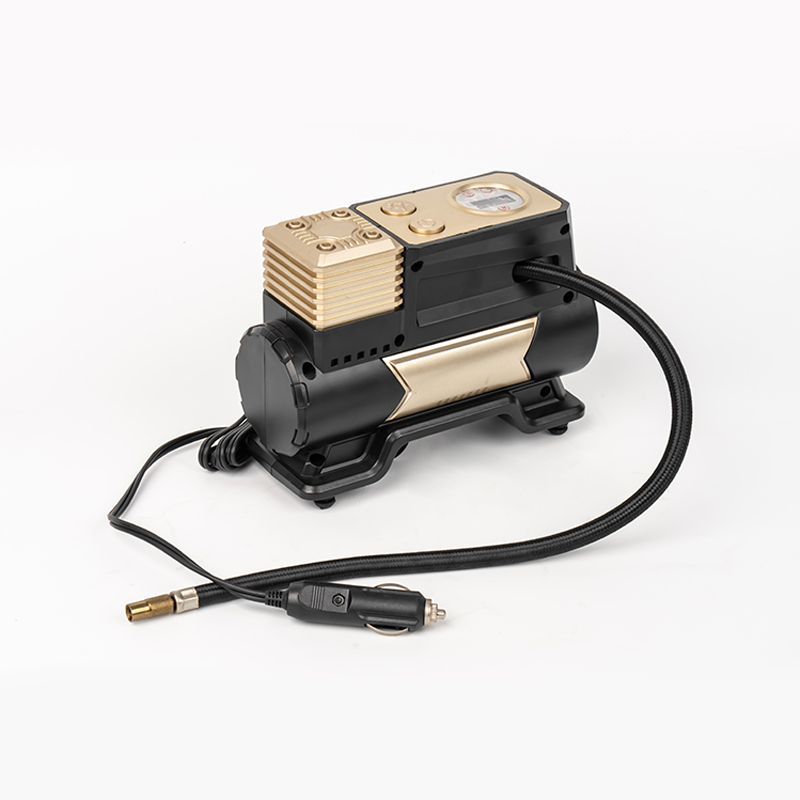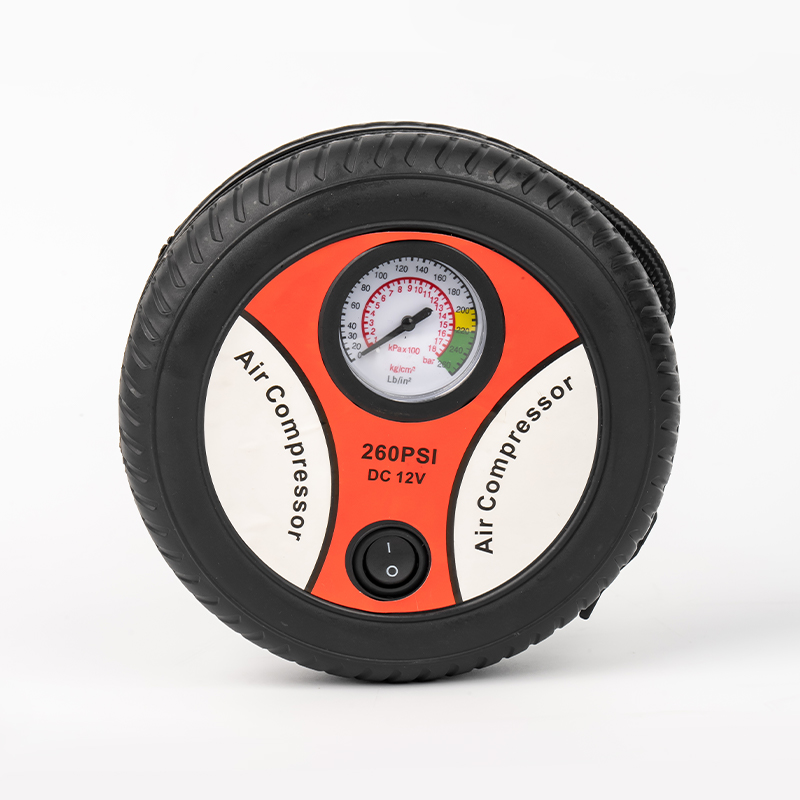Automotive tire inflators are essential tools for maintaining optimal tire pressure, which contributes to vehicle safety, fuel efficiency, and tire longevity. With the availability of both corded and cordless models, consumers often face a choice between these two types.
Types of Automotive Tire Inflators
Automotive tire inflators are broadly categorized into corded and cordless variants. Corded automotive tire inflators typically connect to a power source such as a vehicle's 12-volt DC outlet (e.g., cigarette lighter) or a standard AC household outlet. These units rely on a continuous external power supply to operate. In contrast, cordless automotive tire inflators are powered by built-in rechargeable batteries, often lithium-ion, and do not require a physical connection to a power source during use. Both types are designed to inflate tires to specified pressure levels, with features like digital gauges or automatic shut-off mechanisms.
Applications
Corded automotive tire inflators are commonly used in settings where a reliable power source is readily available, such as in home garages, repair shops, or during roadside emergencies when the vehicle's electrical system is accessible. They are suitable for regular maintenance tasks and can handle prolonged inflation sessions without concerns about battery drain.
Cordless automotive tire inflators offer greater portability and are ideal for situations where power outlets are unavailable or inconvenient. Examples include off-road driving, camping trips, or emergency scenarios in remote locations. Their cord-free design allows for quick deployment, making them a practical choice for drivers who prioritize mobility.
Key Differences Between Corded and Cordless Automotive Tire Inflators
The primary distinctions between corded and cordless automotive tire inflators lie in power source, portability, performance, and maintenance.
Power Source: Corded automotive tire inflators depend on an external power supply, which ensures consistent operation as long as the source is active. Cordless models operate on battery power, which may require recharging and can limit usage time based on battery capacity.
Portability: Cordless automotive tire inflators are generally more portable due to the absence of cords, allowing for easier storage and use in various locations. Corded units, while often compact, may be constrained by cord length and the need for proximity to a power outlet.
Performance: In terms of inflation speed and pressure capacity, corded automotive tire inflators typically deliver consistent performance without degradation over time, as they are not subject to battery discharge. Cordless models may vary in performance based on battery charge level; advanced units can match corded inflators in output, but battery life may affect prolonged use.
Maintenance and Cost: Corded automotive tire inflators usually involve minimal maintenance, focusing on cord integrity and general care. Cordless versions require battery management, including periodic charging and potential replacement over time. Initial costs for cordless models may be higher due to battery technology, though prices vary based on features.
Frequently Asked Questions (FAQ)
Q: Which type of automotive tire inflator is more reliable for emergency use?
A: Both types can be reliable, but cordless automotive tire inflators offer independence from power sources, making them suitable for unexpected situations. Corded models are dependable if the vehicle's electrical system is functional.
Q: How long do cordless automotive tire inflators typically operate on a single charge?
A: Operation time varies by model and battery capacity. On average, a fully charged cordless automotive tire inflator can inflate multiple tires, but it is advisable to check manufacturer specifications for runtime and recharge intervals.
Q: Are there limitations to the inflation capacity of cordless automotive tire inflators?
A: Yes, cordless automotive tire inflators may have limits based on battery power, such as reduced pressure output as the battery depletes. High-performance models can mitigate this, but for heavy-duty use, corded inflators might be preferred.
Q: Can corded automotive tire inflators be used with extension cords?
A: Yes, but it is important to use extension cords rated for the inflator's power requirements to avoid safety hazards or performance issues.
Understanding the differences between corded and cordless automotive tire inflators is crucial for selecting the right tool based on individual needs. Corded models provide consistent power for routine maintenance, while cordless options offer flexibility for on-the-go use. By considering factors such as power source, portability, and performance, users can make a practical choice for maintaining tire health and ensuring vehicle safety. Automotive tire inflators, in both corded and cordless forms, serve as valuable devices for any driver.

 English
English Español
Español عربى
عربى Türk
Türk
